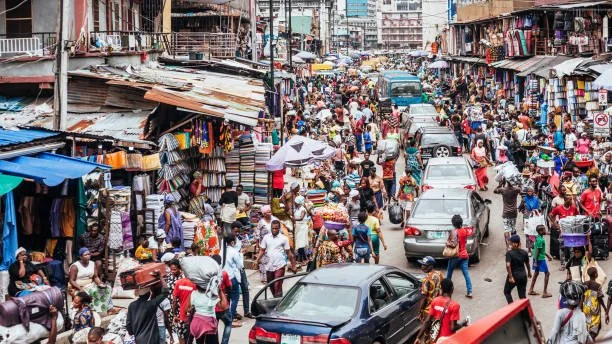April 2024
Knowledge and understanding of people's decision to migrate is critical for policymakers' ability to develop migration policies.
The EU-funded PACES project – Making migration and migration policy decisions amidst societal transformations focuses on two parallel research components: the factors shaping migration decisionmaking and the mechanisms supporting migration policies. The project will combine theoretical and empirical knowledge from several academic disciplines and methodological paradigms to systematically investigate the interactions between migration decisions, policies, and broader social transformation.
PACES draws on data collected in Algeria, Ethiopia, Italy, Libya, Nigeria, Slovakia, and Spain to elaborate a heuristic model that identifies different constellations of conditions that influence decisions to stay and migrate at various stages of individual life trajectories and migrant journeys. This report presents three scoping studies carried out to examine and select the six research locations (secondary cities) in Algeria, Ethiopia and Nigeria.
Within this component, we explore how people’s decisions to stay and migrate are influenced by societal changes, individual life experiences and migration policies over time and as people move across different locations. We pay particular attention to the role of people's perceptions of their social and personal situation, as well as their values and expectations, as determining factors in decisions to stay or emigrate.
Read full report here.
Read More





